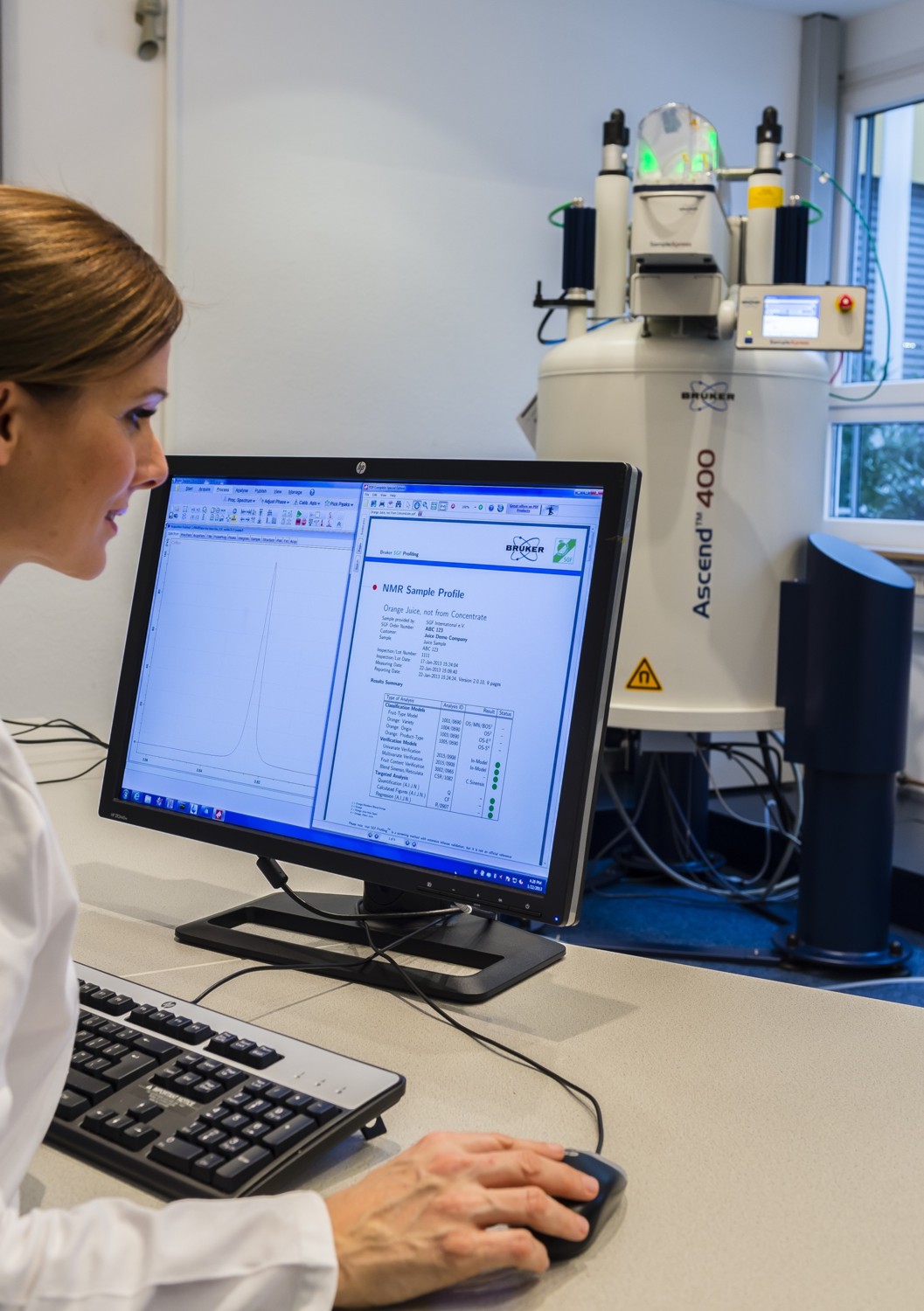Bruker’s NMR FoodScreener™ Laboratory Achieves ISO/IEC 17025 Accreditation

Complete the form below to unlock access to ALL audio articles.
The certificate has been awarded for Bruker’s validated methods for the determination of ingredients and measures of authenticity and quality of liquid foods and food extracts by NMR spectroscopy. Government and private analytical service laboratories offering NMR-based testing for food authenticity and quality with Bruker’s standard operating procedures (SOPs) and validated methods can now more easily get these NMR methods accredited in their lab.

Christian Kost, Managing Director of Winespin-Analytics GmbH, commented: “As a company providing NMR-based analytical wine profiling, the ISO/IEC 17025 accreditation of Bruker BioSpin is of significant importance, allowing us to now offer accredited NMR wine profiling according to international standards to our customers. The accreditation represents a milestone towards NMR becoming a more widely used technique for wine analysis, enabling us to offer this unique, information-rich technique to a broader set of wine industry customers.”
All of Bruker’s current NMR food-screening applications for juice, wine and honey profiling are now covered by this accreditation. Dr. Iris Mangelschots, President of Bruker BioSpin’s Applied, Industrial and Clinical (AIC) division, explained: “We are excited that the ISO/IEC 17025 accreditation has been achieved. NMR now delivers certified methods for targeted, as well as non-targeted food screening. For food analysis this enables the identification of unexpected and unknown deviations and falsifications that can highlight processing issues, frauds or adulterations.”

